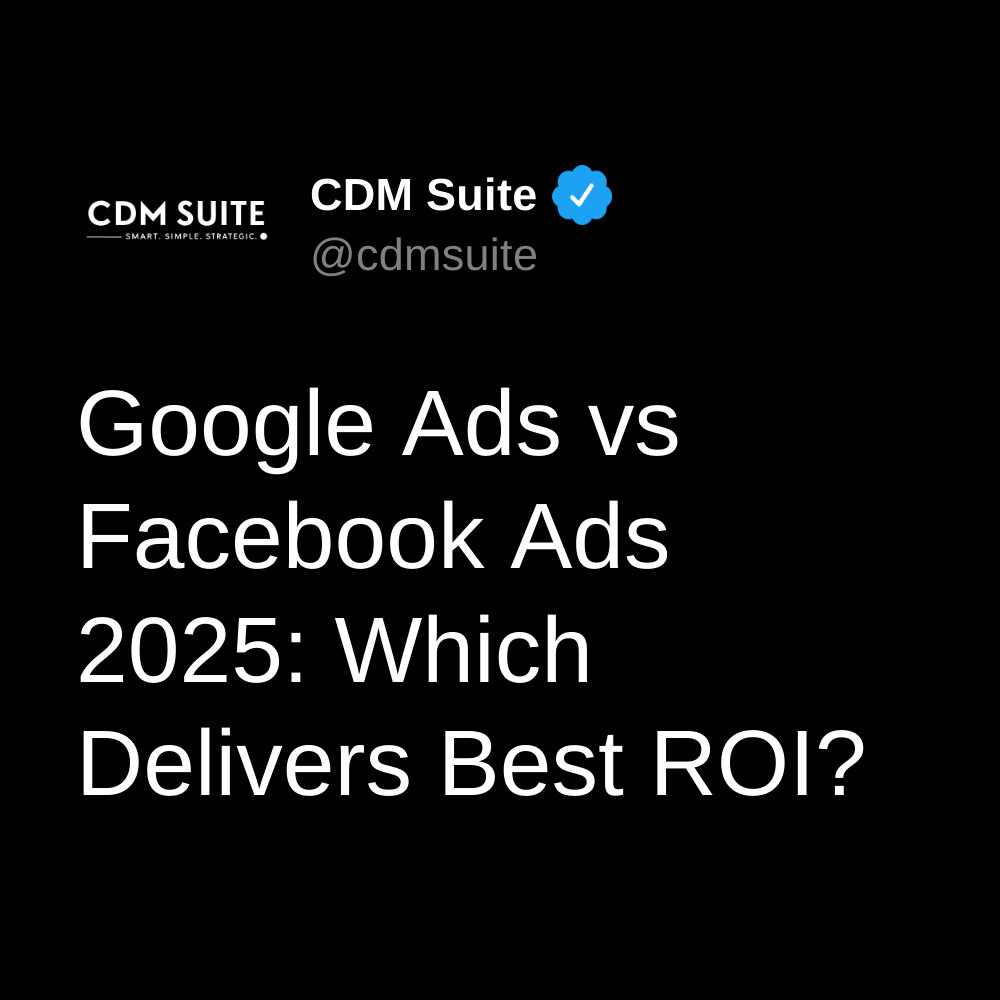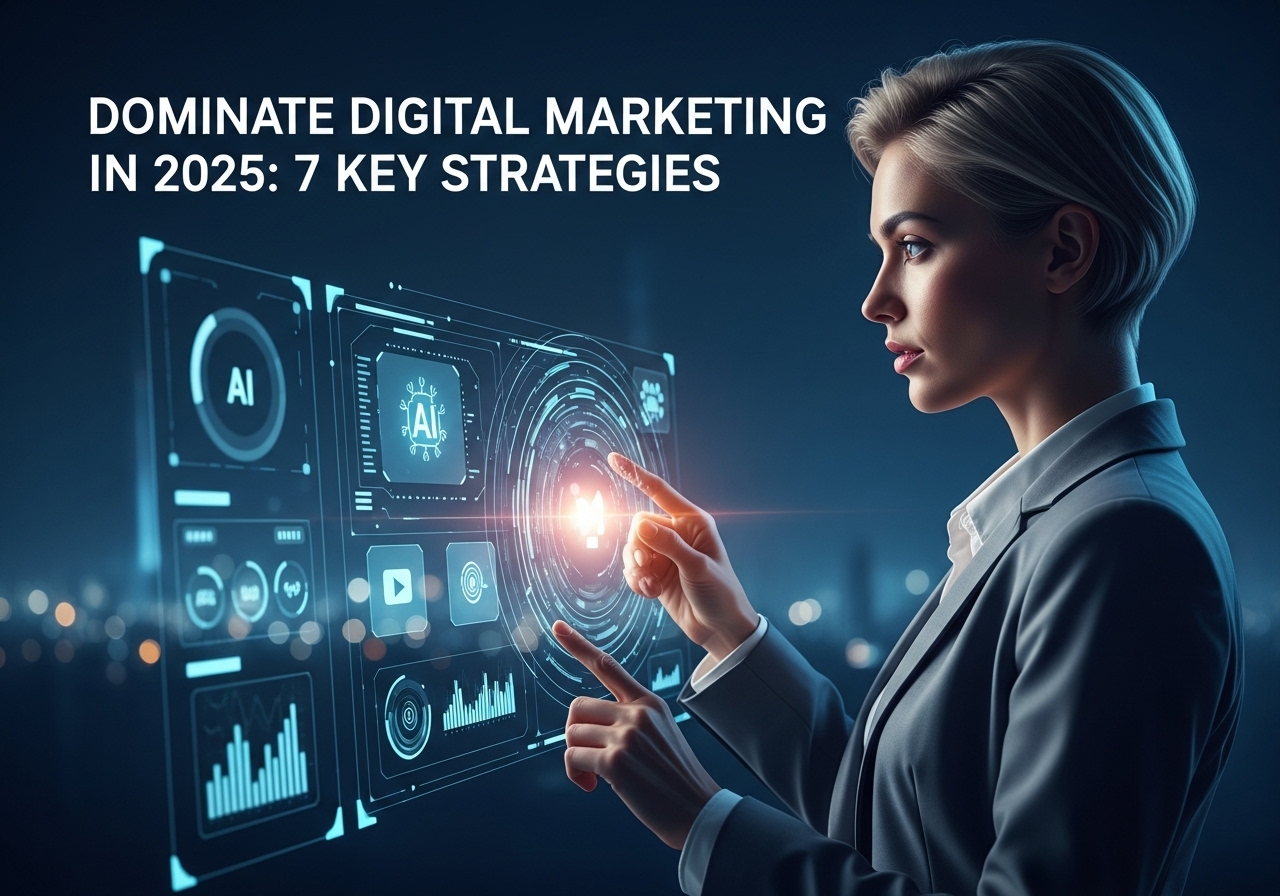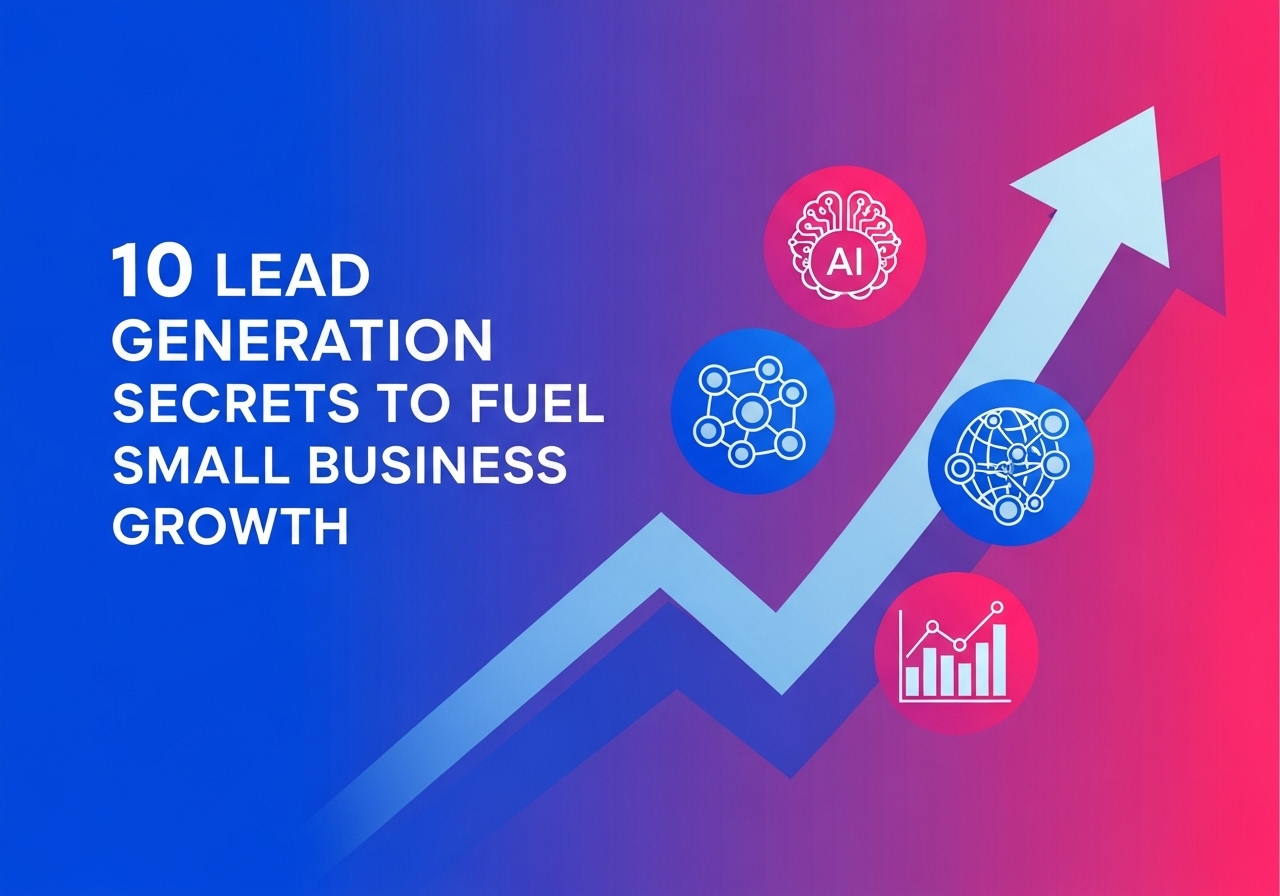Google Ads vs. Facebook Ads in 2025: Which Platform Delivers the Best ROI?
In the ever-evolving digital marketing landscape of 2025, businesses face a crucial decision when allocating their advertising budgets: Google Ads or Facebook Ads? With both platforms constantly innovating and refining their offerings, choosing the right one can significantly impact your marketing success and return on investment (ROI).
As a digital marketing strategist, I’ve witnessed firsthand how these platforms have transformed over the years. Today, we’ll dive deep into the current state of Google Ads and Facebook Ads, exploring their strengths, weaknesses, and ideal use cases to help you make an informed decision for your business.
The Current State of Digital Advertising in 2025
Before we compare Google Ads and Facebook Ads, let’s set the stage with some eye-opening statistics:
- Digital ad spend is projected to reach $785.1 billion globally in 2025, a 31% increase from 2021.
- Over 60% of the world’s population is now online, with mobile devices accounting for more than half of all web traffic.
- AI-driven personalization and automation have become standard features in both Google Ads and Facebook Ads platforms.
These trends highlight the growing importance of digital advertising and the need for businesses to choose their platforms wisely.
Google Ads: Harnessing the Power of Intent
Google Ads has long been the go-to platform for businesses looking to capture high-intent users actively searching for products or services.
Pros of Google Ads
- High Purchase Intent: Users searching on Google often have a specific need or problem they’re looking to solve, making them more likely to convert.
- Diverse Ad Formats: From text ads in search results to display ads across millions of websites, Google offers a wide range of ad types to suit various marketing objectives.
- Powerful AI-Driven Optimization: Google’s machine learning algorithms have become increasingly sophisticated, automatically optimizing bids and ad placements for maximum ROI.
- Extensive Reach: With over 8.5 billion searches per day, Google provides unparalleled access to potential customers.
Cons of Google Ads
- Higher Cost-Per-Click (CPC): Competition for popular keywords can drive up costs, especially in certain industries.
- Steeper Learning Curve: Mastering Google Ads’ extensive features and settings can be challenging for beginners.
- Limited Visuals in Search Ads: While other formats offer more visual options, search ads are primarily text-based.
Facebook Ads: Mastering Audience Targeting
Facebook Ads excel at reaching specific audiences based on demographics, interests, and behaviors, making it ideal for brand awareness and nurturing campaigns.
Pros of Facebook Ads
- Advanced Targeting Options: Facebook’s wealth of user data allows for highly specific audience targeting, including lookalike audiences and custom audiences.
- Visual-Centric Formats: With image, video, and carousel ads, Facebook offers engaging visual formats that can capture attention in users’ feeds.
- Lower Cost-Per-Click: On average, Facebook Ads tend to have a lower CPC compared to Google Ads, allowing for broader reach on smaller budgets.
- Retargeting Capabilities: Facebook’s pixel technology enables effective retargeting of users who have interacted with your website or app.
Cons of Facebook Ads
- Lower Purchase Intent: Users on Facebook are typically not actively searching for products, which can result in lower conversion rates for direct response campaigns.
- Ad Fatigue: With the average user seeing numerous ads per day, standing out in the feed can be challenging.
- Privacy Changes: Recent privacy updates, such as Apple’s iOS 14.5, have impacted Facebook’s tracking capabilities, potentially affecting ad performance.
Which Platform Should You Choose?
The choice between Google Ads and Facebook Ads ultimately depends on your specific business goals, target audience, and budget. Here are some scenarios to help guide your decision:
Choose Google Ads If:
- Your products or services fulfill immediate needs (e.g., emergency plumbing, local restaurants)
- You want to capture high-intent searchers ready to make a purchase
- Your business relies heavily on search traffic
- You have a higher advertising budget and can compete for valuable keywords
Choose Facebook Ads If:
- You’re focused on brand awareness and top-of-funnel marketing
- Your products or services have strong visual appeal
- You want to reach specific demographic or interest-based audiences
- You have a limited budget and need to maximize reach
The Power of Integration: Using Both Platforms
For many businesses, the most effective strategy is to leverage both Google Ads and Facebook Ads in a complementary approach:
- Use Google Ads for Bottom-of-Funnel Conversions: Capture high-intent users searching for your products or services.
- Employ Facebook Ads for Brand Awareness and Retargeting: Build brand recognition and nurture potential customers through the sales funnel.
- Create a Seamless Cross-Platform Experience: Ensure consistent messaging and branding across both platforms for maximum impact.
- Leverage Platform-Specific Strengths: Use Google’s search intent data and Facebook’s detailed audience insights to inform your overall marketing strategy.
Maximizing ROI: Best Practices for 2025
Regardless of which platform you choose, follow these best practices to maximize your advertising ROI:
- Embrace AI-Driven Optimization: Both Google and Facebook offer advanced AI tools for campaign optimization. Leverage these features to improve performance continuously.
- Focus on Mobile-First Experiences: With mobile traffic dominating, ensure your ads and landing pages are optimized for mobile devices.
- Utilize Video Content: Video ads continue to outperform other formats across both platforms. Invest in high-quality, engaging video content.
- Prioritize Data Privacy: Stay compliant with evolving privacy regulations and focus on first-party data collection to maintain targeting effectiveness.
- Implement Cross-Channel Attribution: Use advanced attribution models to understand how your Google and Facebook ads work together to drive conversions.
Conclusion: Make an Informed Decision
In 2025, both Google Ads and Facebook Ads offer powerful tools for reaching and converting your target audience. By understanding the strengths and weaknesses of each platform, you can make an informed decision that aligns with your business goals and marketing strategy.
Remember, the digital advertising landscape is constantly evolving. Stay informed about the latest features and best practices to ensure your campaigns remain effective and deliver the best possible ROI.
Ready to take your digital marketing strategy to the next level? Visit CDM Suite’s free 3-minute marketing assessment to get a custom growth plan tailored to your business needs. Discover exactly what’s missing in your marketing strategy and unlock your full potential in the digital advertising world of 2025!



